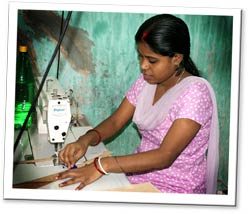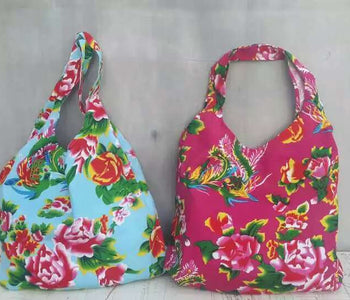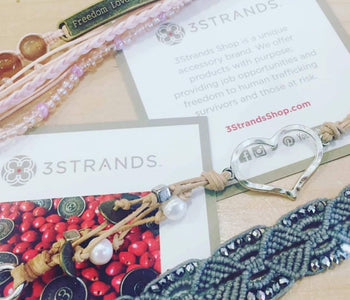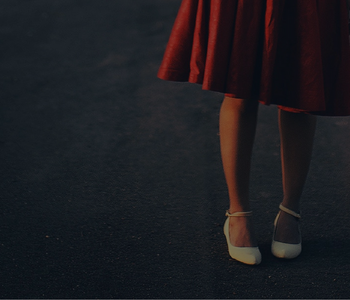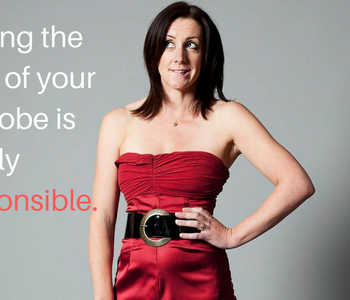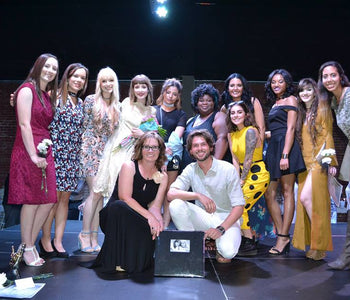When Women Become Rental Property
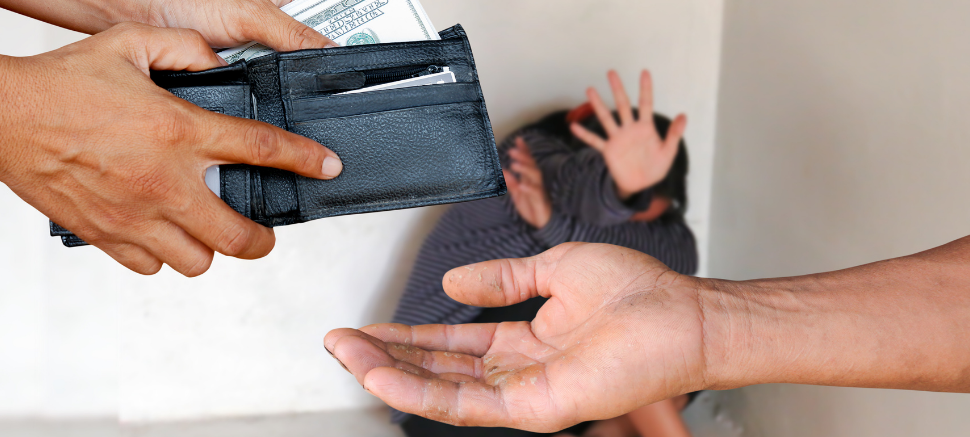
We thought it was time to bring back and refresh one of our most popular blog posts. We hope you find it eye-opening.
During a social networking event, I launched into a conversation about the horrors of human trafficking with a gentleman I barely knew. Looking back, I realize I could have discussed a lighter topic at happy hour, but some days this work is all-consuming.
I vividly remember how the color drained from his face as I told him about the “seasoning” process used by pimps and victimizers who beat, rape, starve, burn and abuse trafficked women until they lose hope of escaping their new living hell.
The relational value of property
After the event, I thought more about our conversation and a remark about how the women are “treated worse than dogs,” and I considered why that was.
When you have a dog, you have a sense of ownership. That is YOUR dog. You’re invested in its well being. You want it to stay healthy because you love it, and because if it falls ill, you’ll have vet bills, and down time as well.
Similarly, when you own a car, you have a sense of ownership about that car. You want it to stay clean, to run well and last as long as possible, in part because you’re quite fond of it, but also because you’re responsible for it when something goes wrong.
Most people don’t choose to abuse their own dogs or damage their own cars intentionally. But that is most people.
Then, there are those who have very little respect for beings or things, especially when they belong to someone else. These are the people who rent a home and are fine with destroying the carpet or letting it fall into disrepair, because it’s someone else’s problem. They abuse animals they find on the street or trash a rental car. Truth be told, we might all be a little guilty of not treating rental or borrowed property with the same level of care as something we owned. For instance, you might not have fretted about the condition you left a hotel room versus a home you own.

How society views women
In many parts of the world, the value of a woman is directly related to her relationship to a man. First, her father, then her husband, and sometimes, even her son. Everyone is concerned about keeping her honor intact so that she is not ostracized by society. In a recent article, I remember reading, “If a woman belongs to no man, she belongs to all men.” This mentality is what drives society to see women as property or not deserving of respect. A woman is therefore vulnerable to human trafficking if she is not attached to a man who society sees as her protector. She becomes someone’s rental property.
Sustainable living with dignified employment
As a result, women need access to opportunities to be financially independent and empowered to take care of themselves. Dignified employment prevents exploitation by providing a good wage, safe workplace, life skills, job training, and dignity from supporting oneself. In this way, a woman can provide for herself even if she loses the man that society sees as responsible for her physical and financial well-being.

Our Mission
Made for Freedom exists to support women rescued from sexual exploitation as well as those coming out of marginalized situations. We partner with centers in India and numerous countries around the world that provide life skills, job training and dignified employment to truly empower women.
You can help end exploitation by choosing to buy ethically-made products and supporting businesses committed to ethical manufacturing. Check out some of our favorites below.
National Sewing Month - Freeset
It is National Sewing Month and here at Made for Freedom we want to celebrate it by featuring some of our partners, this week we are featuring Freeset.In 1999 Kerry...
Read moreNational Sewing Month: Springsations
It is national sewing month and here at Made for Freedom we are spotlighting some of our partners. This week we are featuring Springsations, Who is making a difference in...
Read moreNational Sewing Month: 3 Strands
September is National Sewing Month, Made for Freedom is celebrating it by highlighting our partners this month. This week our final blog for National Sewing Month we are featuring 3...
Read moreCharlize Theron is making an impact... and so can you.
Charlize Theron was a welcomed figure at the Democratic Republic of the Congo for the opening of the City of Joy. The center serves women survivors of gender violence in...
Read moreLucy Siegle is a fashion insider that's here to help us air out some dirty laundry.
When I walk past a well-staged storefront, it's easy to feel like I'm part of the story. Like I'm the one on the boardwalk enjoying the sunshine, sipping lemonade, and...
Read moreReflections are More Than What You See
2017 has been filled with many wonderful things and some not so. During this time of year, I like to look back at all the things that have happened to...
Read more

